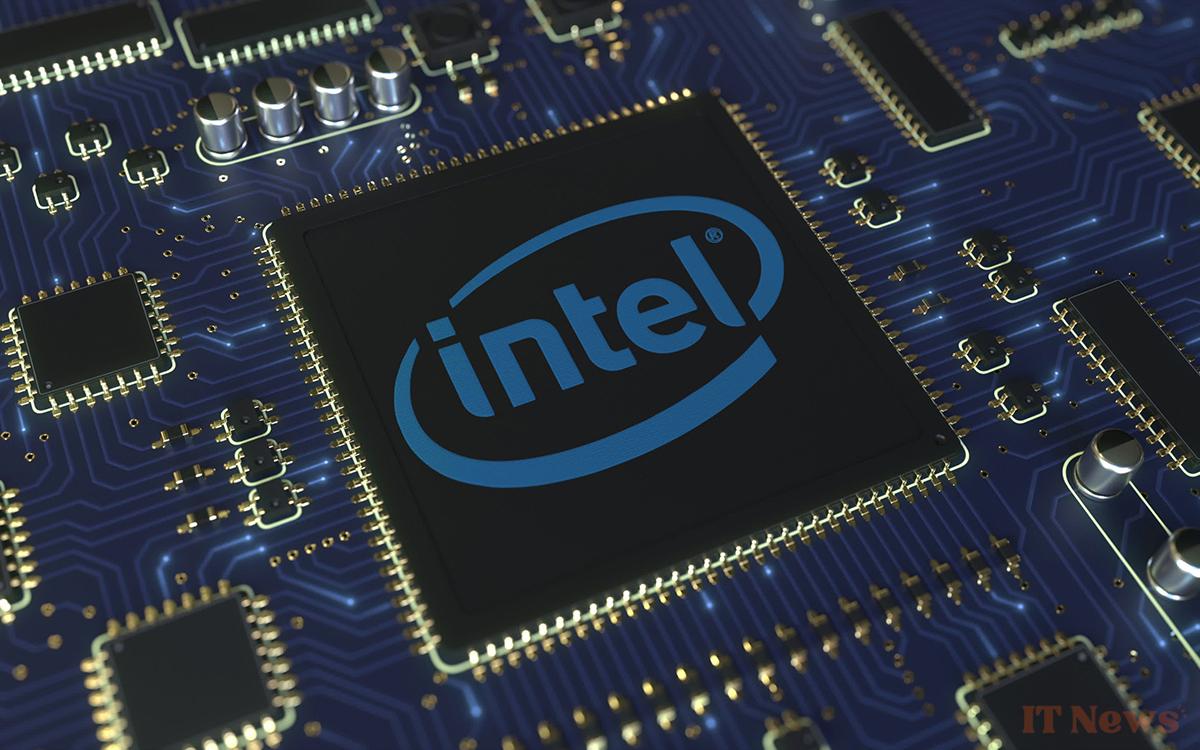Intel's latest two generations of AI processors are too expensive for the benefits they provide. The company is struggling to sell its recent CPUs, while its several-year-old models continue to sell like hotcakes.
The AI revolution is everywhere, from our electronic devices to the online software we use every day. But while everyone is talking about it and we can't imagine launching a major new tech product without AI integration, the core consumers still seem fairly indifferent to all these new features. Or at least, they aren't ready to pay to benefit from them natively on their computer.
Intel has just presented its financial results for the first quarter of 2025. And while Nvidia and AMD are having significant difficulties producing enough latest-generation GPUs, Intel is having trouble selling its most recent processors. These are being shunned by users, who prefer to turn to older CPUs, lacking AI.
Intel's AI processors are too expensive
“We are seeing significantly higher customer demand for n-1 and n-2 products, so we can continue to offer systems at the price points that consumers are in high demand,” commented Michelle Johnston Holthaus, president of Intel's product division. In other words, the 2022 and 2023 Raptor Lake processors are still very popular, while the 2024 Meteor Lake and 2025 Lunar Lake processors are struggling to gain traction. And the main reason for this popularity of Raptor Lake CPUs is their much lower price compared to newer processors.
“Raptor Lake is a great product. Meteor Lake and Lunar Lake are also great, but their cost structure is much higher, not only for us, but also for our partner manufacturers,” adds Michelle Johnston Holthaus. The latest generation of CPUs are therefore failing to find their audience, and Intel had misjudged their rejection. As a result, there is a shortage of Intel 7 10nm manufacturing nodes used for Raptor Lake, while the production of chips based on newer processes (from TSMC) is almost too high to meet the low demand.
This phenomenon is noted both for desktop CPUs sold separately and for laptops. In the latter case, third-party manufacturers prefer to source Raptor Lake processors in order to contain the prices of the final product and make their laptops more attractive in terms of value for money. AI-boosted Meteor Lake and Lunar Lake chips, on the other hand, are reserved for high-end machines, which do not constitute the bulk of the market.
Panther Lake in the wake of Meteor Lake and Lunar Lake
Could this situation encourage Intel to rethink its strategy and offer a next generation of processors at a contained price rather than embarking on an overbidding campaign in terms of AI capabilities? Michelle Johnston Holthaus was precisely asked about this. While she remained rather evasive, she implied that we should not expect a major change in strategy for the Panther Lake generation expected in 2026. Their development was probably too advanced to turn back anyway.
Intel may also fear falling too far behind the competition by abandoning AI, which is not currently an essential need on PCs, but which could soon become so. The risk would then be to market a product that is completely technologically outdated, while Microsoft is doing everything possible to impose AI on Windows.
Another reason that should push Intel to continue to move forward in the field of AI with Panther Lake chips is that the company can certainly increase its production of Raptor Lake CPUs to meet the demand for low-cost processors. It would of course be interesting to have access to more powerful and less energy-consuming processors without AI, but this would force Intel to complicate its range, which is already not the most understandable for the average consumer, and potentially to work on two different architectures.
Source: Tom's Hardware




0 Comments